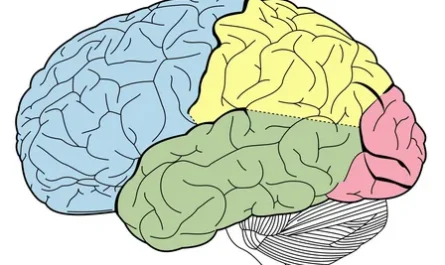A recent study conducted by Dr. Park Joo Min and a team at the Center for Cognition and Sociality within the Institute for Basic Science (IBS) has introduced a novel non-invasive brain stimulation method called Patterned Low-Intensity Low-Frequency Ultrasound (LILFUS). The research, published in Science Advances, demonstrates the potential of LILFUS in inducing long-lasting changes in brain function and addressing various brain disorders.
Neural plasticity, the brain’s ability to adapt to internal and external changes, is crucial for cognitive functions and understanding neurological disorders. While traditional magnetic and electrical brain stimulation methods have been used to modulate brain function, they have limitations in spatial resolution and penetration depth. Invasive methods, requiring surgical procedures, offer better control but pose risks such as tissue damage and infection, prompting the need for alternative approaches.
The IBS study revealed that ultrasound stimulation can precisely target specific brain regions with enhanced penetration into brain tissues. By activating mechanosensitive calcium channels in astrocytes, ultrasound can modulate neural plasticity and facilitate long-term potentiation or depression effects. LILFUS, designed to mimic brainwave patterns of theta and gamma oscillations, allows researchers to activate or deactivate brain regions at will.
One notable application of LILFUS is its ability to improve motor skill learning. Stimulation of the cerebral motor cortex in mice resulted in enhanced motor skills and altered limb preferences, suggesting potential applications in stroke rehabilitation and motor impairment therapies. Beyond motor function, the technique shows promise in treating conditions like depression by modulating brain excitability and plasticity.
Dr. Park highlighted the study’s development of a safe neural regulation technology with long-lasting effects and its identification of molecular mechanisms involved in ultrasound neural regulation. Future research aims to apply LILFUS in treating brain disorders related to abnormal brain activity and enhancing cognitive functions.
In conclusion, the breakthrough LILFUS technology offers a promising avenue for treating a wide range of brain disorders by modulating brain function with precision and efficacy. By harnessing the power of ultrasound and understanding its impact on neural plasticity, researchers are paving the way for innovative therapies in cognitive and motor rehabilitation.
*Note:
1. Source: Coherent Market Insights, Public sources, Desk research
2. We have leveraged AI tools to mine information and compile it




